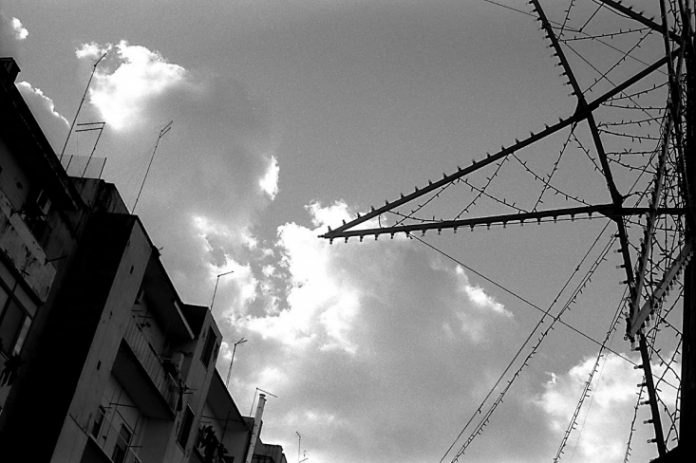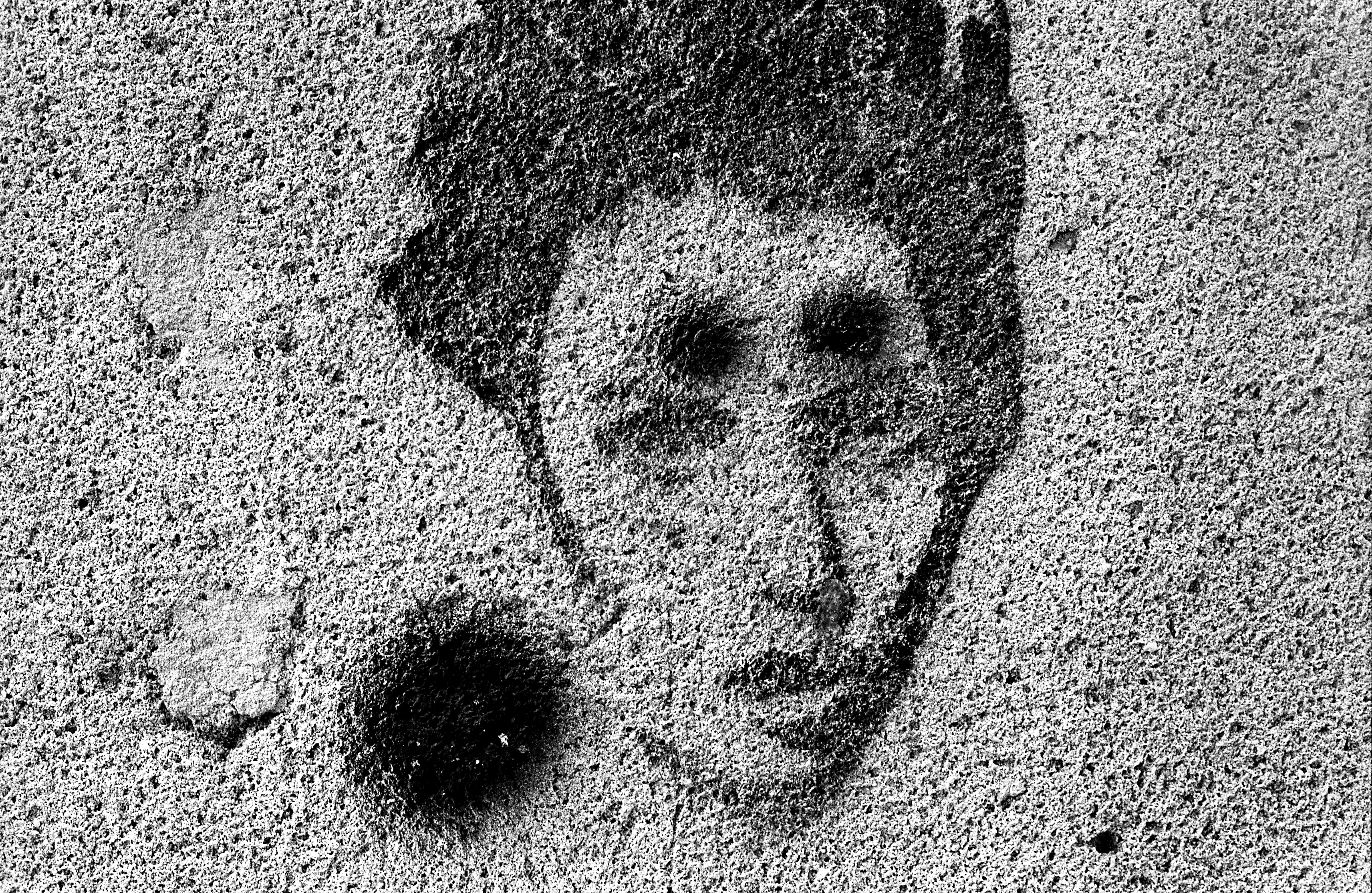(THIS ARTICLE IS MACHINE TRANSLATED by Google from Norwegian)
Located on the Gulf of Taranto in the Ionian Sea, Taranto is the third largest mainland town in southern Italy. The town is world renowned for its olive groves and clams, for the dolphins and whales that swim around the bay, and for the rugged cliffs that adorn the coastal landscape. But the city itself is dying. Many houses are in danger of collapsing, and the facades are crumbling up. Within a radius of 20 kilometers, no animals are grazed, vegetables are not grown, and the mussels must not be eaten.
Local politicians, journalists, trade unionists – even the church – are accused of accepting bribes.
ILVA – the largest steel mill in Europe and a colossus built in the 60 century – is poisoning the water, the air and the soil, making Taranto the most polluted city in Europe. But the steel mill also accounts for 70 percent of economic activity, and that in a city with one of the highest unemployment rates in Italy.
Discharge of hazardous chemicals
Numerous studies show that in the area around the steel mill, people are affected by disease more often than average – primarily the malignant tumors and leukemia. In almost all families, some are ill, and most families have lost a close relative. When it comes to ILVA employees, this is ten times more common than the country average. In the main, children are affected. A study conducted by the Istituto di Sanità showed that children get cancer 54 percent more often and have a 21 percent greater risk of dying in Taranto compared to the rest of Puglia (the southeastern region of Italy).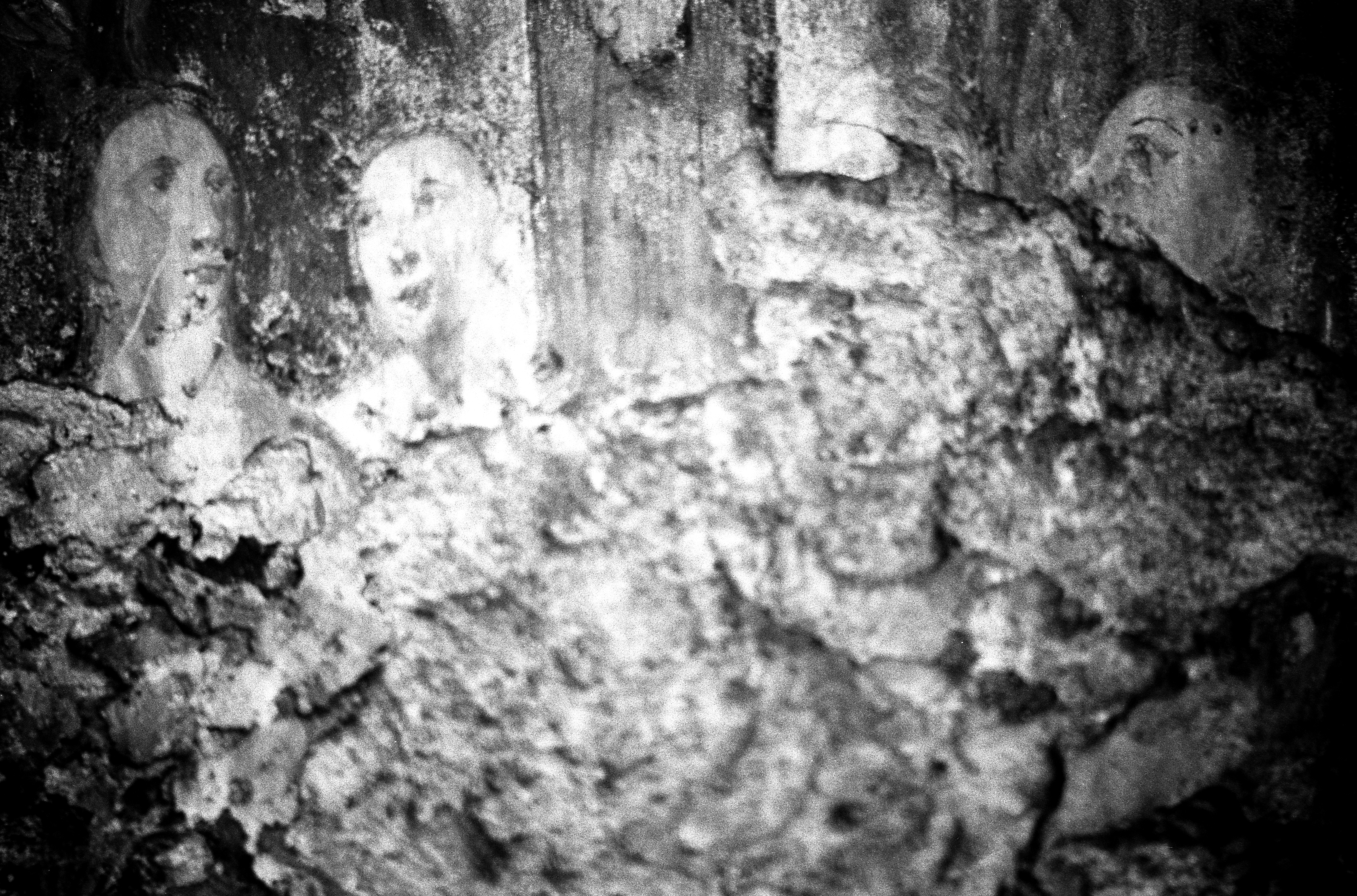
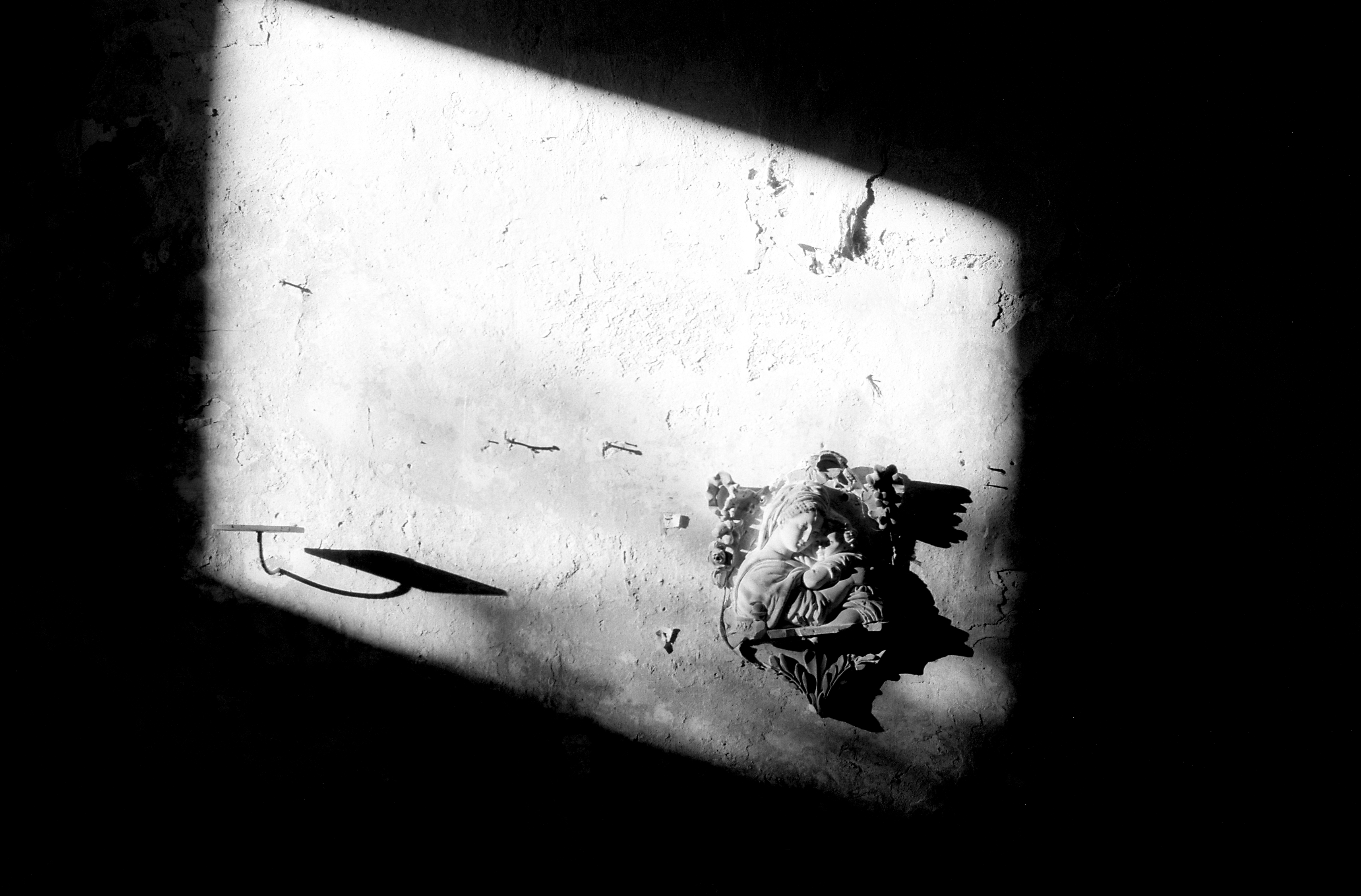
For decades, ILVA has released dioxins and other very dangerous chemicals into the air. Next to the steel plant is the so-called mineral park – the slag piles – where minerals (iron ore, coke, limestone), but also toxic waste from the factory area are stored. The mineral park is not covered, which is unique in Europe. The deadly mixture of iron dust and toxic waste is therefore spread uncontrollably over the surroundings. When there is particularly strong wind – on so-called wind days – the residents of Taranto are forced to stay home, and schools are closed.
For years, ILVA has been in the spotlight because of the harmful emissions. The cleaning equipment is deficient, the stoves and coke ovens are old. Environmental measures have been systematically neglected. Practically all members of the Riva family, the former owners, have been remanded in custody or placed under house arrest. Local politicians, journalists, trade unionists – even the church – are accused of accepting bribes.
No animals are grazed, vegetables are not grown, and the mussels must not be eaten.
A case against the former owner's family and several senior politicians has been going on for months. The charge: fraud against the environment. The Italian state has already had to respond to the European Court of Human Rights in Strasbourg. The indictment: Italy has failed to defend the lives and health of the residents of Taranto.
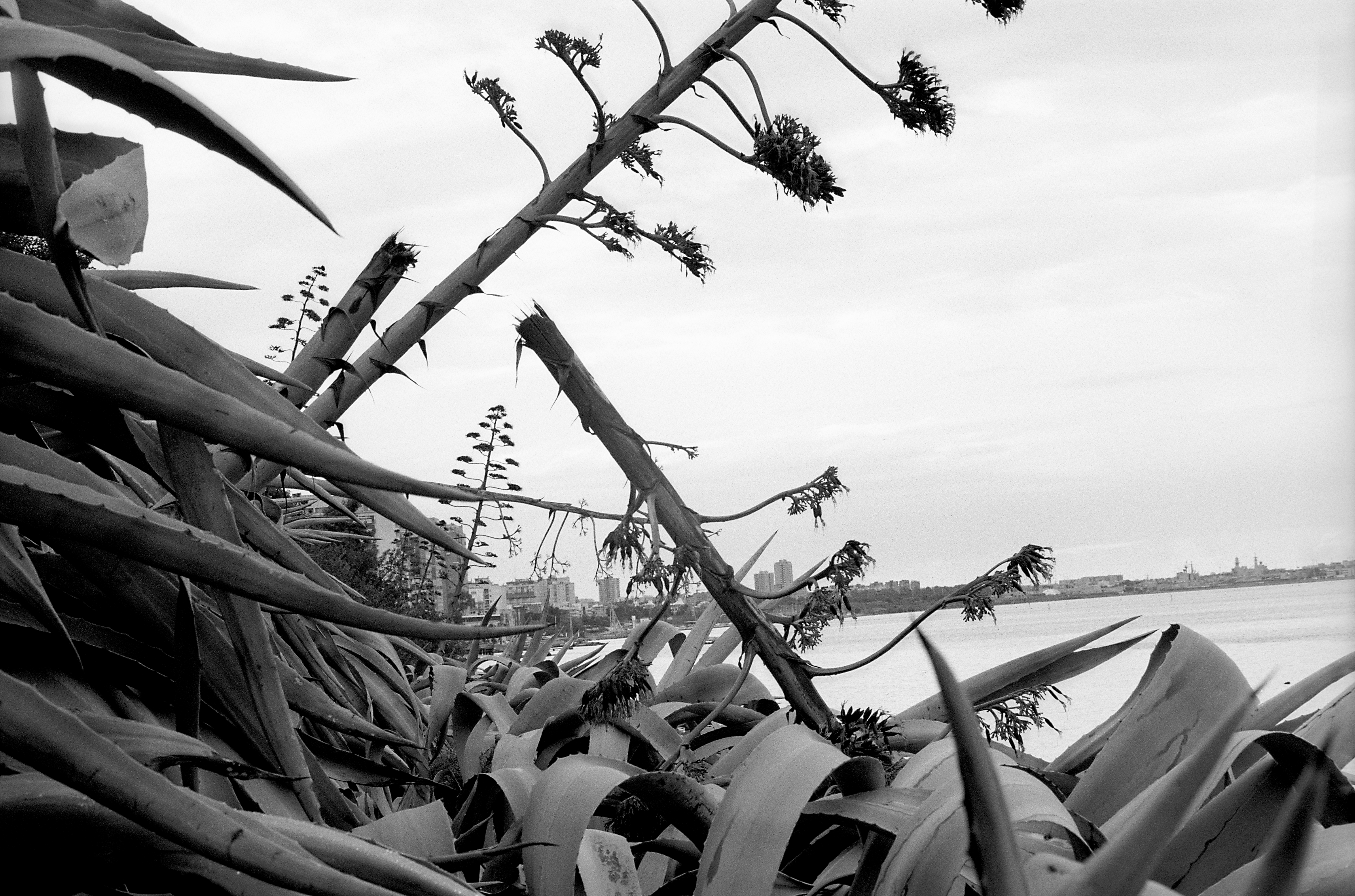
The worst remains
The toxic dust coming from the ILVA colossus is rusty when it settles on the house's facades – houses with ever-declining market value. Many of the residents of Taranto want to leave the city, but no one wants to buy their houses and apartments. Mortgage repayments have stopped long ago, simply because banks do not ask for it. Who would ever want to buy these houses? They are simply zero worth.
Doctors claim that the worst is still waiting, as the toxic substances accumulate over time. They fear that the time when the disease will be at its most frequent is a few years ahead, and expect it to occur by 2025.


